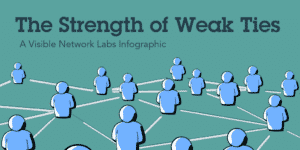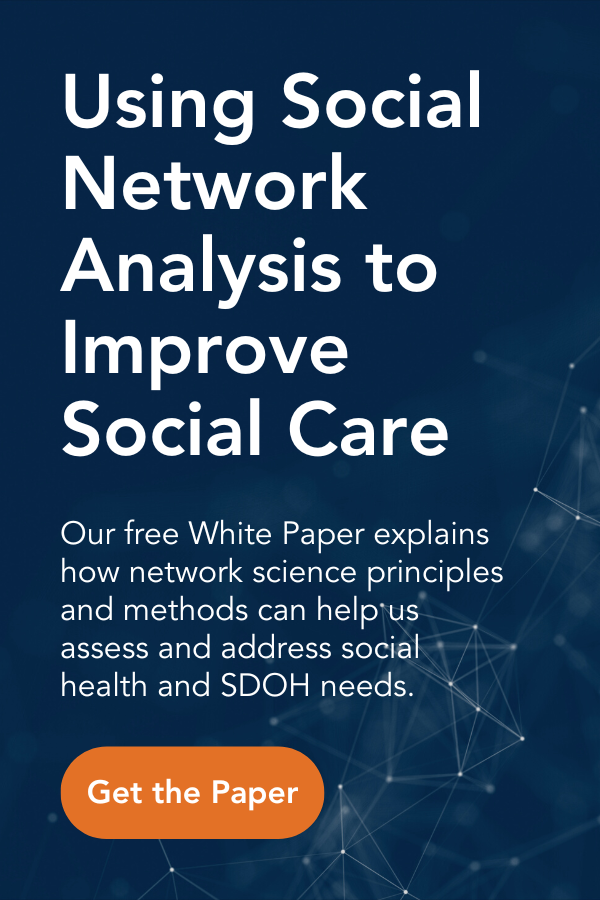In this paper, we explore the effects of various teaching methodologies on the social interactions reported by university students in the School of Public Affairs at the University of Colorado Denver. Specifically, we will answer the question: How do different teaching methodologies affect the formation of network ties among students in a university classroom? We implement a novel research design, in which we operationalize the impact of alternative teaching methodologies on social interactions, specifically the number and quality of dyadic relationships between students in university classrooms. We find that online classes tend to have fewer, but more frequent interactions among students, more diversity among interactions, and greater likelihood that students perceive other students as influential to their learning. In primarily lecture classes, students reported fewer connections, but similar to online students’ interactions, the interactions were frequent and influential. We conclude that teaching in an online environment has its own strengths in terms of student relationships; that working in groups offers fewer positive relational outcomes than expected; that the experience of the lecturer has a surprising influence on relationships among students; and that student types affect relationships in fairly predictable ways.
|
|
Thank you for Signing Up |

More Social Care Resources





